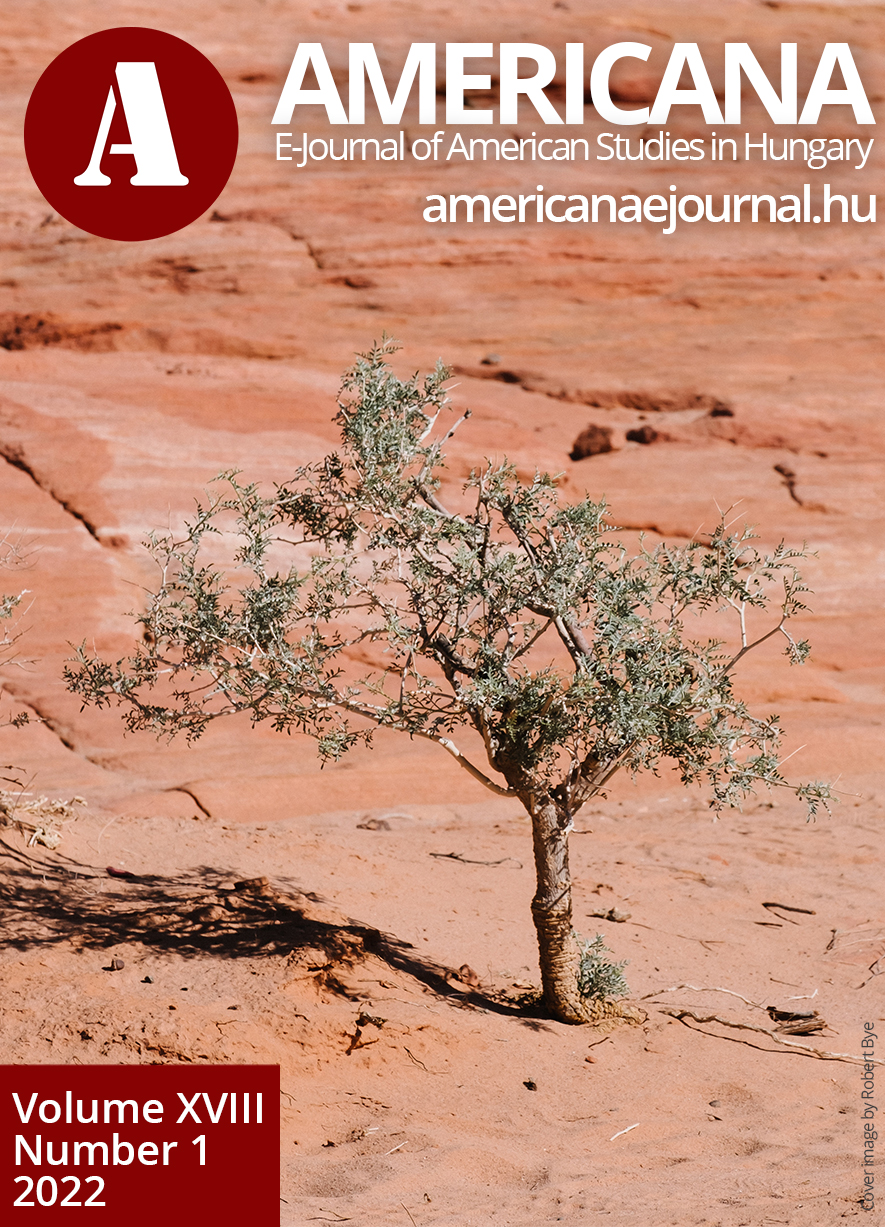To “Look Real in the Moonlight”: Women’s Desire and Male Rootlessness in Picnic (1953)
Main Article Content
Abstract
This paper looks at William Inge’s 1953 Pulitzer Prize-winning play, Picnic. Taking a psychoanalytic approach, it argues that Inge destabilizes gender roles through the use of psychological conflict to render the idea of fixed gender and social categories unsustainable. More specifically, this essay identifies three psychological models to explain the internal development of three of the play’s characters. Accordingly, an argument is made that Madge Owens, the idealized, teenage beauty of the town escapes her status as an object of desire, and through a sexual awakening claims her status as a subject who has desire instead. Rosemary Sydney, on the other hand, goes through a transformation that is the exact opposite of this evolution. A middle-aged schoolteacher and—on the outside at least—an ardent individualist, Rosemary is a character whose fear of loneliness and the ensuing desperation is gradually revealed by Inge to be her major psychological problem. By the end of the play, this internal conflict pushes Rosemary to give up her sense of agency as a subject who has desire just so that she can become an object who is desired. Finally, Hal Carter’s psychological development is seen through his efforts to integrate himself into the community. A rugged drifter, a Hollywood failure-story and an estranged son, Hal is an archetypal figure whose situation represents midcentury male rootlessness and alienation as well as the failure of the American dream in the face of an increasingly modernized, impersonal world. Due to his hubris, however, Hal’s attempts to fit into the small-town environment is doomed to become a failure. He finds genuine connection with Madge, however, and it is insinuated that the young man must try again to achieve integration.
Downloads
Article Details

This work is licensed under a Creative Commons Attribution-NonCommercial 4.0 International License.

